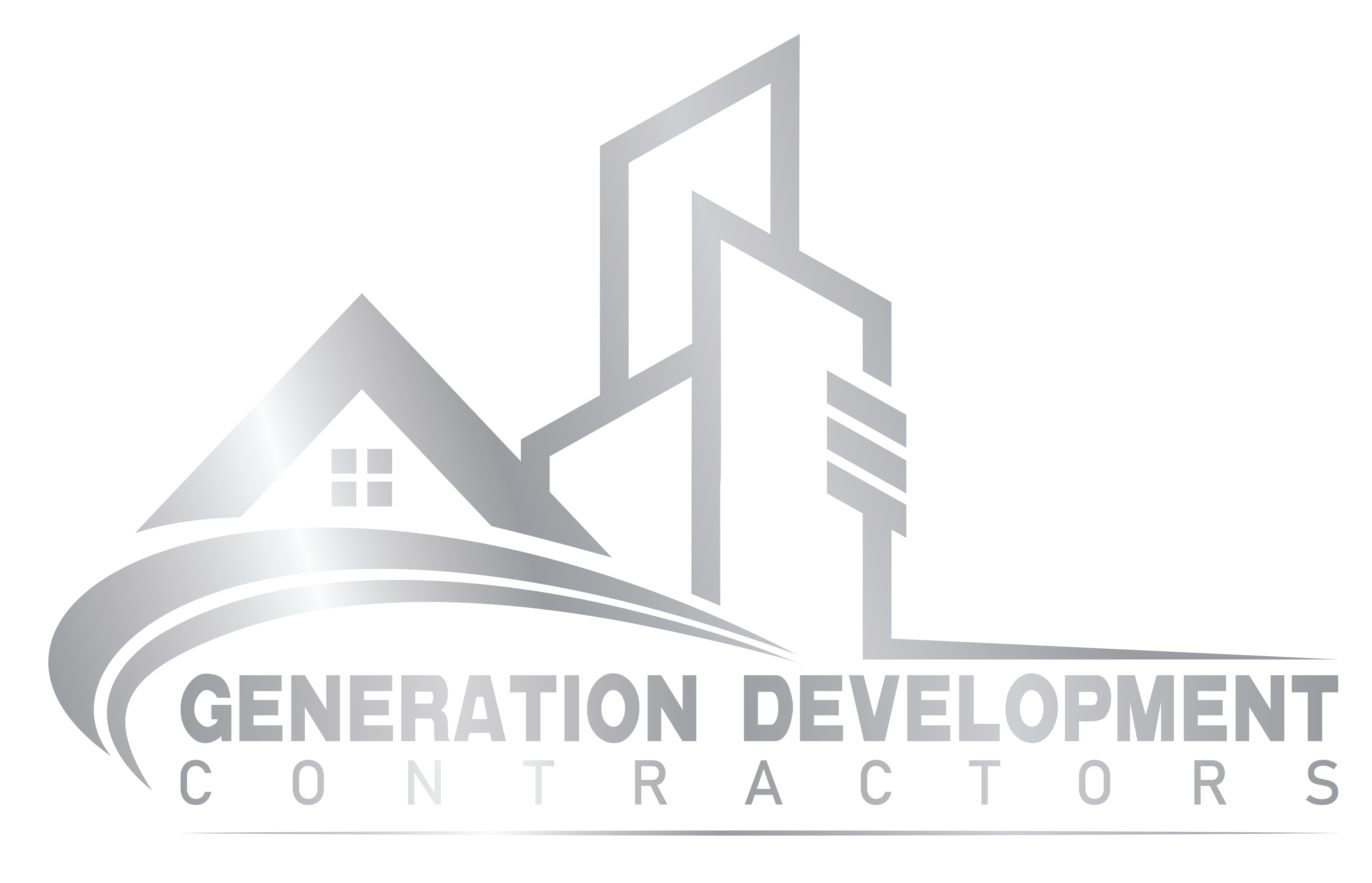Commercial development is a dynamic field that constantly evolves with the changing needs and preferences of businesses and consumers. In the United States, several emerging trends are reshaping the future of commercial development. From advancements in technology to evolving consumer behaviors, these trends are set to transform the way businesses operate and interact with their surroundings. Let’s explore some of the key trends that are expected to shape the future of commercial development.
Sustainable and Green Practices
As environmental concerns continue to gain prominence, businesses are increasingly embracing sustainable and green practices in their commercial development projects. From incorporating energy-efficient designs to utilizing eco-friendly materials, sustainable development has become a top priority. Concepts such as LEED certification and net-zero buildings are gaining traction, with businesses recognizing the long-term benefits of reducing their carbon footprint and enhancing their brand reputation.
Flexible Workspaces
The rise of remote work and the changing nature of work itself have given rise to the demand for flexible workspaces. Businesses are reimagining traditional office spaces to accommodate hybrid work models, offering adaptable layouts, collaborative zones, and remote-friendly infrastructure. Shared workspaces and coworking facilities are becoming more popular, providing cost-effective solutions for startups and freelancers. The future of commercial development will witness a shift towards versatile, tech-enabled work environments that cater to the evolving needs of a mobile workforce.
Mixed-Use Developments
The concept of mixed-use developments, integrating residential, commercial, and recreational spaces, is gaining momentum in urban areas. These developments offer convenience, reduced commuting, and a vibrant lifestyle for residents. By blending commercial establishments, residential units, entertainment venues, and green spaces, developers can create dynamic communities that cater to diverse needs. Mixed-use developments promote walkability, reduce traffic congestion, and foster a sense of community, aligning with the preferences of the modern urban dweller.
Technology Integration
Advancements in technology are revolutionizing the commercial development landscape. From smart buildings equipped with IoT devices to AI-driven automation systems, technology integration is enhancing efficiency, security, and user experience. Intelligent energy management, predictive maintenance, and data-driven insights enable businesses to optimize operations and reduce costs. Additionally, technology plays a crucial role in creating immersive retail experiences, leveraging augmented reality, virtual reality, and personalized digital platforms.
The future of commercial development in the United States is poised for transformative changes. Sustainable practices, flexible workspaces, mixed-use developments, and technology integration are among the key trends shaping the industry. As businesses adapt to evolving consumer demands and prioritize environmental responsibility, commercial development will witness a shift towards more efficient, flexible, and sustainable spaces. Embracing these trends will not only meet the needs of businesses and consumers but also contribute to a more resilient and future-forward built environment.











